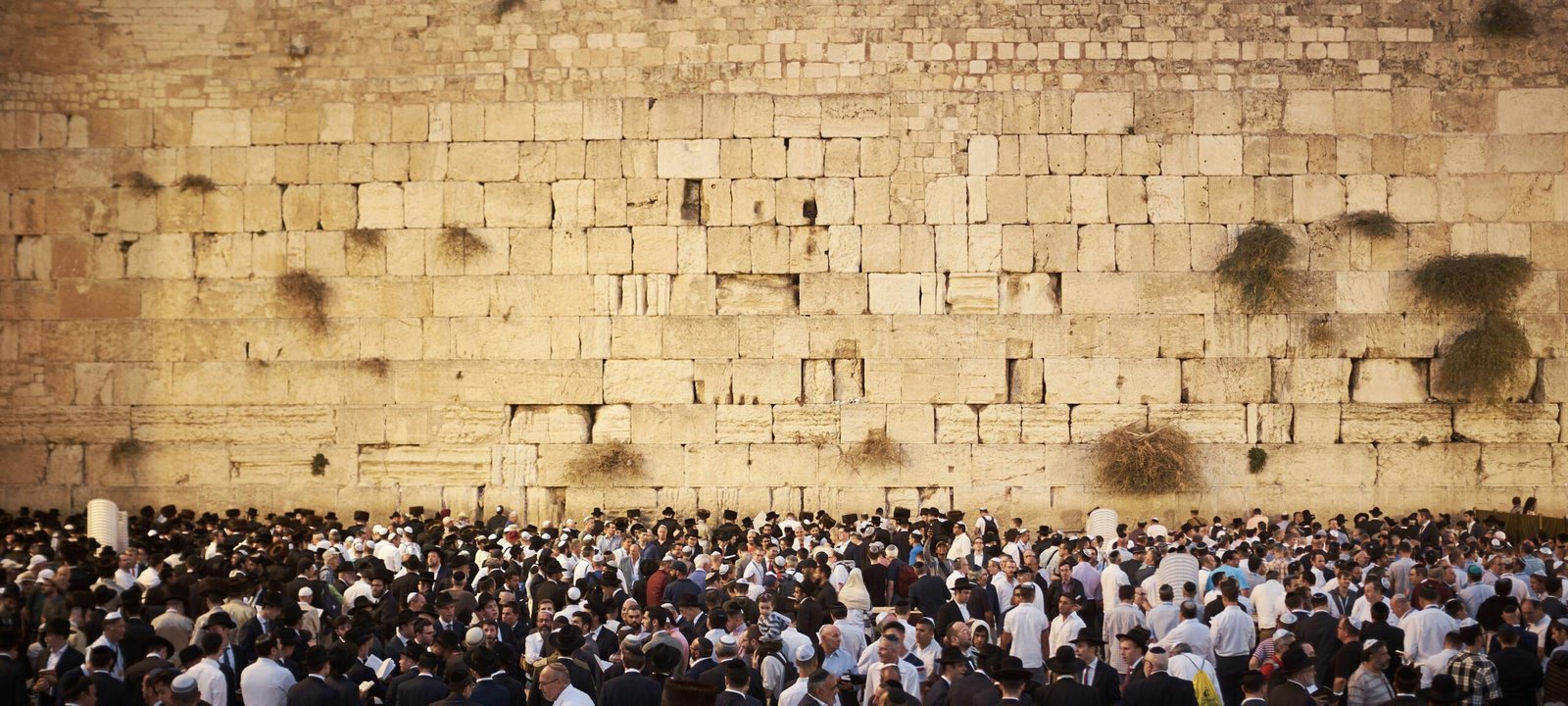
Hezbollah has confirmed that its influential leader, Hassan Nasrallah, was killed in an Israeli airstrike. The attack reportedly occurred early Friday morning in southern Lebanon, targeting a site known as a Hezbollah stronghold. This unexpected development has sent shockwaves through the region, raising significant concerns about the potential for increased violence.
Nasrallah’s Leadership and Impact
Hassan Nasrallah, who had led the organization since 1992, played a crucial role in shaping both Hezbollah’s military and political strategies. He became a prominent figure in Lebanese politics, often seen as a symbol of resistance against Israel. Consequently, his death marks a considerable loss for the group, which has established itself as a powerful force in the Middle East. Analysts believe that Nasrallah’s leadership was instrumental in navigating complex regional dynamics, particularly regarding Iranian support for Hezbollah.
Israel’s Response and Historical Context
Although Israeli officials have not commented directly on the specifics of the strike, they have long vowed to take action against Hezbollah due to ongoing threats and military activities along its northern border. Additionally, Israel has been particularly concerned about the group’s arsenal and its involvement in various conflicts throughout the region, including its support for Syrian President Bashar al-Assad. Thus, the airstrike can be viewed as part of Israel’s broader strategy to mitigate threats from Hezbollah.
Public Reaction and Potential for Violence
The announcement of Nasrallah’s death triggered an immediate outpouring of grief and anger among Hezbollah supporters in Lebanon. Many took to the streets to express their sorrow, chanting slogans in honor of their fallen leader. This passionate public reaction underscores the deep emotional connection many supporters have with Nasrallah, who often positioned himself as a defender of Lebanese sovereignty against perceived external threats. Therefore, his loss may galvanize Hezbollah supporters and lead to heightened tensions in the region.
Concerns Over Escalation
Moreover, analysts are concerned that this shocking development may lead to a surge in violence, as Hezbollah may feel compelled to retaliate against Israel. The group has previously vowed to respond decisively to any attacks on its leadership. Consequently, regional leaders are urging caution and restraint, fearing that the situation could escalate into a wider conflict that might involve neighboring countries. In this context, the potential for renewed hostilities looms large.
Looking Ahead
Ultimately, the death of Hassan Nasrallah raises numerous questions about Hezbollah’s future leadership and potential shifts in power dynamics within Lebanon and the broader Middle East. As the situation unfolds, international observers will be watching closely to gauge the potential ramifications for stability in the region. Consequently, the impact of Nasrallah’s death will likely reverberate beyond Lebanon, affecting regional geopolitics for the foreseeable future.



